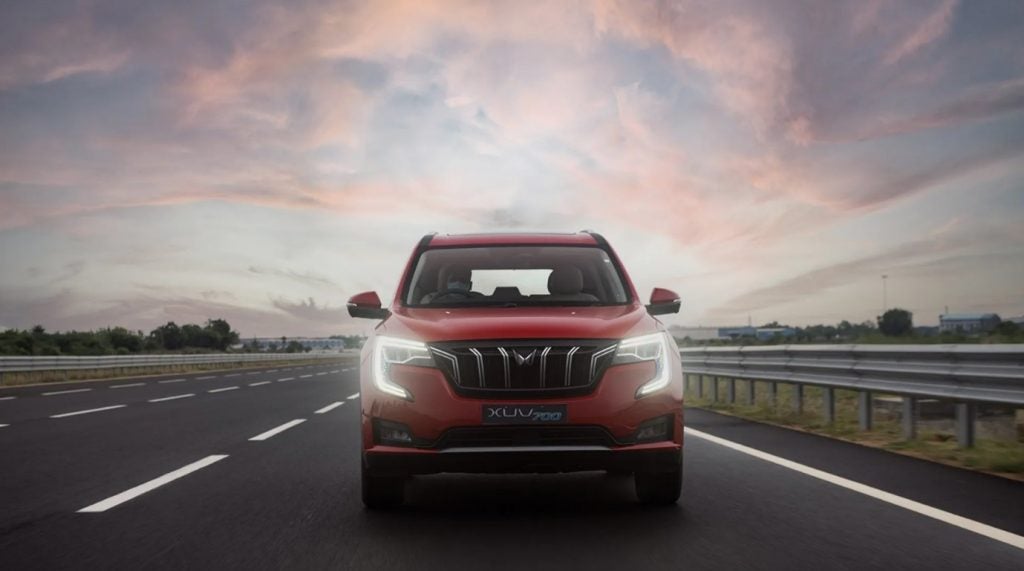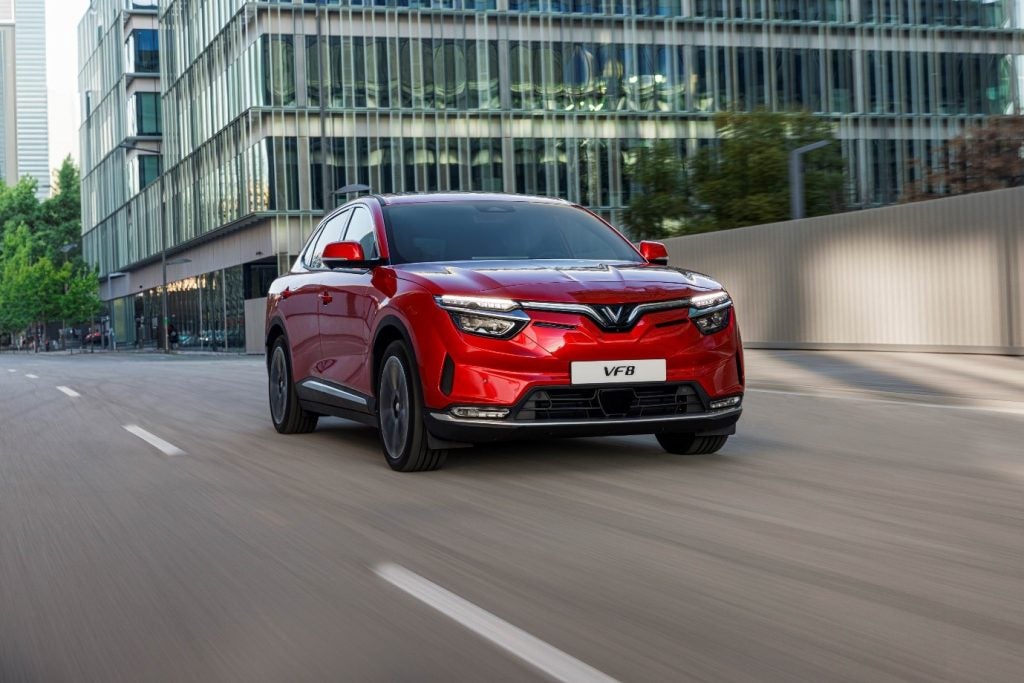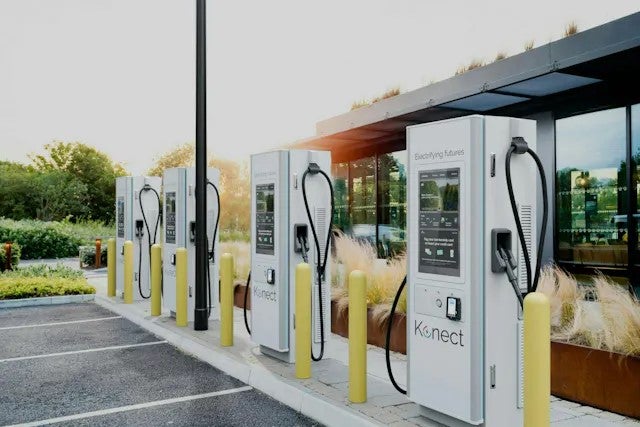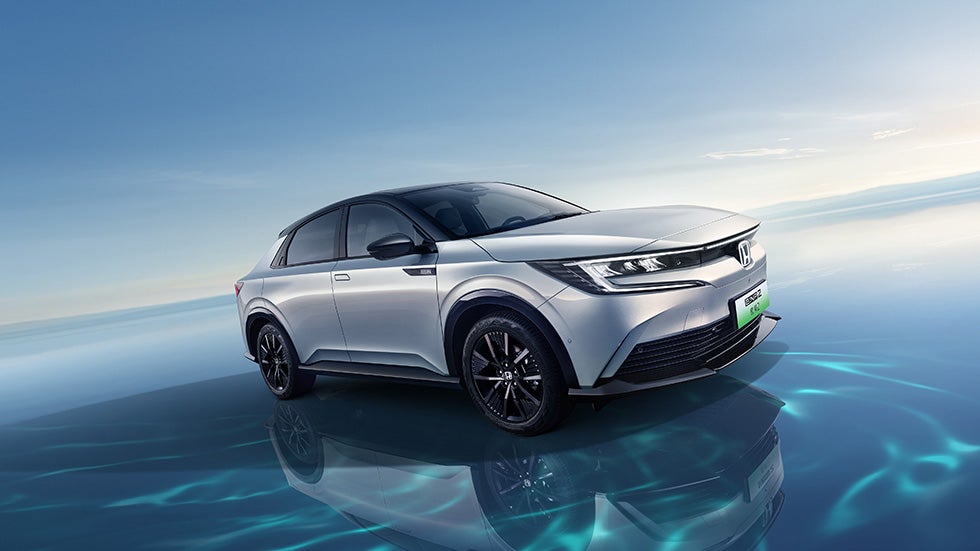
Turkey has toughened its electric vehicle import regulations in a move that appears to be calculated to rein in the growing volume of Chinese electric vehicle (EV) imports.
According to a Trade Ministry decree published in November, companies importing EVs to Turkey must have at least 140 authorised service stations distributed evenly across the country and open one call centre for each brand. Importers will need to comply with the stringent regulations by the end of this month.
Imports from the EU and countries that have free-trade agreements with the country are exempt from the decree.
However, BYD, China’s best-selling car brand, is already reportedly planning a nationwide authorised service network and has been signing contracts with dealers to deliver services to customers.
The latest move is part of Turkey’s wider effort to slow the rising tide of Chinese EV imports. Back in March, the Turkish government imposed an additional 40% customs duty on Chinese EVs in a bid to boost the country’s indigenous electric car brand Togg – a pet project of President Recep Tayyip Erdogan.
However, deliveries of the country’s first domestically-produced car, the Togg T10X, began only in May, while China sold $184m worth of EVs to the country in the first ten months of this year – twice the amount sold in 2022 as a whole. As Turkey’s biggest importer, China has undoubtedly played a role in swelling the Eurasian country’s trade deficit to almost $100bn as of November.
How well do you really know your competitors?
Access the most comprehensive Company Profiles on the market, powered by GlobalData. Save hours of research. Gain competitive edge.

Thank you!
Your download email will arrive shortly
Not ready to buy yet? Download a free sample
We are confident about the unique quality of our Company Profiles. However, we want you to make the most beneficial decision for your business, so we offer a free sample that you can download by submitting the below form
By GlobalDataTurkey’s move follows the launch of the European Commission’s anti-subsidy probe into Chinese EVs in October, after President Ursula von der Leyen warned in her State of the European Union address that global markets were being “flooded” with cheap Chinese EVs.
Chinese tech inroads into Turkey
Turkey has traditionally had a close economic relationship with China, playing a significant role in Beijing’s Belt and Road Initiative – a role that has only strengthened since the Russian-Ukraine war as Russian railway logistics become less dependable. Turkey is also strategically important for China because, sitting at the intersection of Europe and Asia, it acts as an entry point for Chinese tech companies seeking entry into the European market.
China’s presence in the country’s automotive industry also extends to the lower end of the supply chain.
Back in 2019, Togg partnered with Farasis, one of the top Chinese battery companies, to power the former’s EVs, and earlier this year, the two companies joined forces to build the country’s first battery factory, the Siro Battery Development and Production Campus.
Our signals coverage is powered by GlobalData’s Thematic Engine, which tags millions of data items across six alternative datasets — patents, jobs, deals, company filings, social media mentions and news — to themes, sectors and companies. These signals enhance our predictive capabilities, helping us to identify the most disruptive threats across each of the sectors we cover and the companies best placed to succeed.






